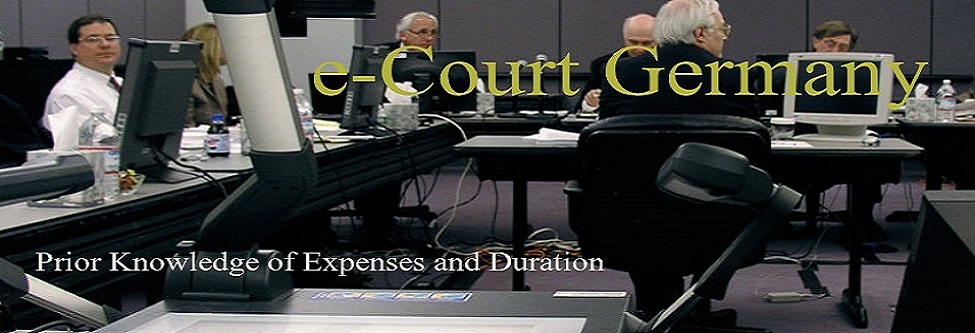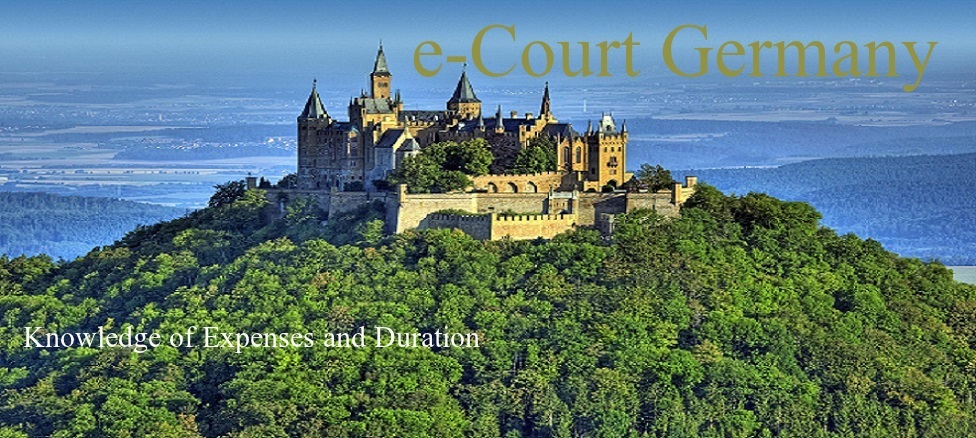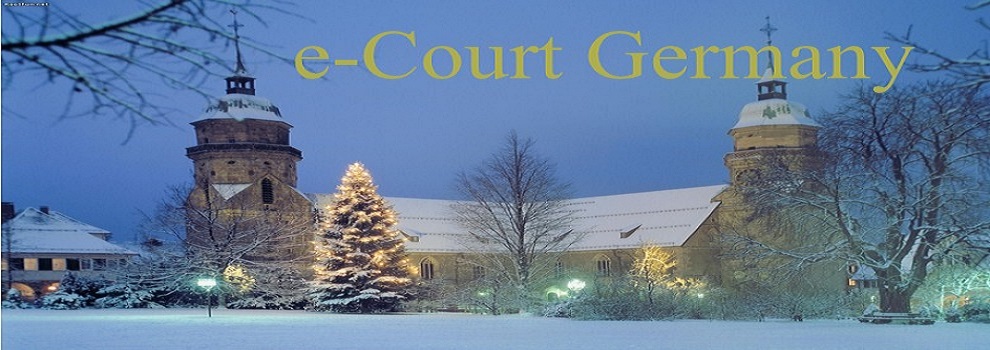source : Dr. Albert Schröder
In Germany, arbitration has a long tradition of being the preferred method of dispute resolution for international disputes. Over the last three decades, for instance, the third largest number of parties wishing to arbitrate under the rules of the Court of Arbitration of the International Chamber of Commerce (ICC) originated from Germany. Over the past few years, Germany has also started to play a more and more significant role as a venue for international arbitration. Arbitration clauses providing for a German arbitration seat are now commonplace in international contracts, especially in the German export industry. This development is largely due to Germany's adoption of the United Nations Commission on International Trade Law (UNCITRAL) Model Law on International Commercial Arbitration in 1998.
Like the UNCITRAL Model Law, the new German arbitration law consists of rather detailed, although non-exhaustive, provisions designed to afford effective arbitral justice. These provisions are well structured and easy to understand. In particular, foreign parties or lawyers will have no difficulties in applying these rules, which are also readily available in foreign languages (see, for example, the website of the German Institute of Arbitration: www.disarb.de). Apart from its general "arbitration-friendly" orientation, German arbitration law is based on two main principles: Firstly, it restricts the state courts' powers to intervene in the arbitration proceedings, and secondly, it promotes and enables party autonomy by allowing the parties to diverge from its mostly non-mandatory rules. The liberal pro-arbitration policy of German law is also reflected in its application by the German courts, as was again exemplified by the following recent decision of the German Federal Supreme Court:
The Decision of the German Federal Supreme Court
The applicant, having obtained a foreign arbitral award, applied to a German court to have the award enforced under the rules of the New York Convention on the Recognition and Enforcement of Foreign Arbitral Awards. The respondent opposed the enforcement, arguing that there was no valid arbitration clause “in writing”, as required by Article II of the New York Convention, since only the applicant but not the respondent had signed the document containing the arbitration clause. The Federal Supreme Court dismissed this argument. It held that under the more favourable rules of German arbitration law, it was sufficient that the arbitration clause had been included in a commercial letter of confirmation and thereby validly agreed upon pursuant to the principles of deemed assent by silence. The court justified the application of the more lenient rules of German arbitration law by referring to the ‘most favourable treatment clause’ of the New York Convention, which allows parties to rely on more favourable provisions of national law.
Remarks
In the past, opinion was divided on the question of whether foreign arbitral awards based on arbitration agreements, which are contained in a letter of confirmation of one party, could be enforced in Germany. Some lower courts had taken the view that reliance on more favourable national form requirements is excluded where enforcement is sought under the New York Convention. The Federal Supreme Court’s decision confirms yet again that German courts apply the UNCITRAL Model Law in a coherent and harmonized way. This is not only good news for the users of international arbitration but also for German arbitration practice, since the growing German case-law in favour of arbitration is likely to further increase Germany’s importance as an important venue for international arbitration.
















